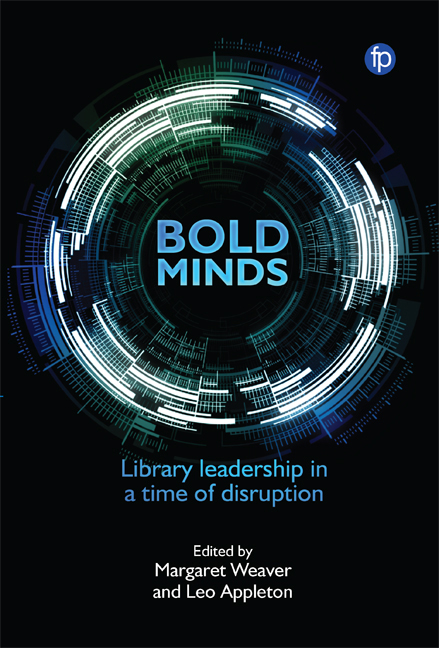Book contents
- Frontmatter
- Contents
- Foreword
- Contributors
- Preface
- Introduction
- Section 1 Views From the Corridors of Power: The Political and Global Perspective
- Section 2 The Re-Birth of Libraries – New Business Models and Re-Generation of Services
- Section 3 Who Really Matters? User Communities and Alignment
- Section 4 The Future Library Professional – Horizons and Challenges
- Index
10 - Databrarian ed? Preparing Information Specialists for Participation in an Open Datafied Society
Published online by Cambridge University Press: 15 December 2020
- Frontmatter
- Contents
- Foreword
- Contributors
- Preface
- Introduction
- Section 1 Views From the Corridors of Power: The Political and Global Perspective
- Section 2 The Re-Birth of Libraries – New Business Models and Re-Generation of Services
- Section 3 Who Really Matters? User Communities and Alignment
- Section 4 The Future Library Professional – Horizons and Challenges
- Index
Summary
Introducing the imperatives for change
Environmental scans, futures studies and technology assessments have defined multiple trends affecting the library profession in the 21st century, but arguably it is the confluence of three currents that has transformed the information landscape and will continue to shape our professional future – the open movement, participatory culture and the data revolution. Industry commentators, thought leaders and enterprising practitioners have evolved new service models for the changing digital world surrounding us. Professional educators are similarly reviewing curricula, rethinking peda - gogies and redesigning programmes to meet the needs of the present and future workforce.
This chapter explores the challenges and debates surrounding pre-service education and continuing professional development for an environment in which data literacy, user experience, open scholarship, community engagement, relationship management and social impact are among the keys to success for all information service organisations. We start with the three forces driving behaviour around information and then consider library responses to these movements. We next review developments in professional education and its response to the challenges. Finally, we look at how we can transform professional learning to create a better future.
Open initiatives have moved beyond open access to research, open source software and open courseware to encompass other open products (open textbooks, MOOCs, open data), domains (open government, open science, open cultural heritage) and practices (open innovation, open peer review, open pedagogy). The open movement has its origins in the preprint servers, free online journals and networked digital libraries of the 1990s, but took off properly in the early 2000s with MIT OpenCourseWare launching the open educational resources (OER) movement and the Budapest Open Access Initiative doing the same for open access (OA). In addition to MOOCs in their many forms, other notable developments of this decade include the evolution of open licensing through the Creative Commons movement, open badges and the proliferation of terminology and taxonomies to define different kinds of openness within the various open domains. Thus, the original distinctions between green and gold OA have now been supplemented by diamond/platinum, bronze/fourrée, hybrid, predatory and black (pirated) OA.
- Type
- Chapter
- Information
- Bold MindsLibrary Leadership in a Time of Disruption, pp. 179 - 210Publisher: FacetPrint publication year: 2020
- 2
- Cited by

